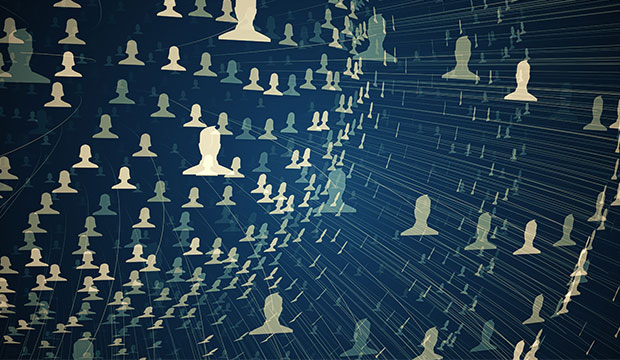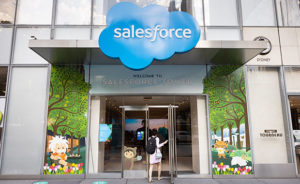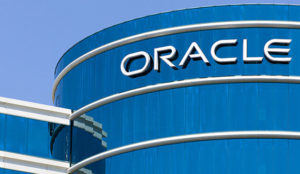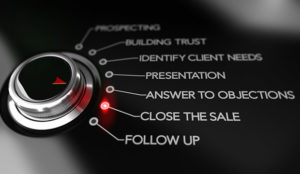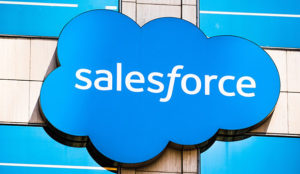Earlier this year, in response to reports that Russian actors had used Facebook to disrupt the 2016 election, I wrote a few pieces about how one might go about fixing the problem. I am not sure I have solutions for everything, but what motivates me is the sagging feeling that settles in whenever society throws up its hands and punts. We can do better.
It’s silly to think there’s nothing to be done about any of a range of difficult problems that face us. To test that idea, I recently researched and published a book that takes on solving global warming — and guess what? There are solutions out there, and they’re immensely easier to find when you quit thinking there’s nothing that can be done. The problem with social is no different.
Regulated Monopolies
Regarding social media, and Facebook in particular, we’ve been here before. It’s not exactly guaranteed, but many disruptive innovations get to a point where society is highly dependent on them, though they are manipulated for the benefit of a few. Often, the disruption gets regulated and becomes a form of utility.
We saw this in railroads, electricity, telephone, and even in cable. For instance, for its entire first century, the telephone industry was a regulated monopoly. It was broken up in 1984, and a wave of competition and innovation commenced that resulted in cellphones and wireless Internet, among other results.
Few people today recall the high prices and spotty service that rail and electric monopolists imposed on the public back in the day, but it was real.
Necessary Evil?
Today we have a different problem. Social media has become an indispensable part of life but it also has become open to abuse. One of the problems is that the platforms are being used as intended, as reported earlier this year in a Wired piece, “Bad Actors are Using Social Media Exactly As Designed,” by Joshua Geltzer.
No one breaks or twists or manipulates social media to get results that are noxious to society, he wrote. When Russia manipulates elections via Facebook, or ISIS recruits followers on Twitter, or racist landlords deny rentals to blacks and then offer them to whites through Airbnb, commentators and companies describe these activities as “manipulation” or “abuse” of today’s ubiquitous websites and apps. The impulse is to portray this odious behavior as a strange, unpredictable, and peripheral contortion of the platforms.
It’s not, Geltzer maintained. It’s simply using those platforms as designed.
Improve the Community
So let me offer a solution. It isn’t up to Facebook or any other social platform to somehow fix its technology, which isn’t broken, though we might want to hold this thought for another discussion of the moral dimension.
The technology isn’t broken, and changing what it does would make it less effective at doing its job. What we need is a better community of users and ways to influence how people use the platforms before anything has a chance to go sideways.
If the problem is in how people use a technology, the solution has to come from better or more informed use. So, I propose a three-tier certification approach that teaches users best practices and captures their identity when using the system.
This is basically what happens when your licensed plumber pulls a permit to work on your home’s natural gas connection. I think we all can grasp intuitively the benefit of having only qualified professionals working on our gas connections.
Of course, it’s not just plumbers. We certify doctors through an education, testing and licensing process, and we do much the same with lawyers, dentists, optometrists, barbers, beauticians, electricians, and many other professions. The idea is even embedded in the title “certified public accountant.”
Certification, Identification and Traceability
By putting professional social media users through a certification process, we could establish fair use standards that would reduce abuse greatly. In a three-tier system, the first level would be for general use and would not require certification — but it would require identification (identification is something Facebook has made progress in).
It would cost nothing, although the extent of use might be bounded so that one couldn’t friend the world, for instance, or post anything anonymously. George Carlin’s list of 250 words you can’t say on TV could serve as a filter. Call it “censorship,” but I think of it as a quid pro quo for free use.
A second level of certification might cost money and ought to require some amount of education, testing and communication confirming that the individual knows the risks and responsibilities entailed in participation. With certification and access to all components of social media would come identification, so that people couldn’t hide behind bots or pseudonyms.
I see this as a professional grade user, someone who works in sales or marketing or politics or who-knows-what and needs to communicate to thousands or millions of followers. This isn’t big brother, but more an acknowledgment that with great power comes great responsibility.
The third type of user certification would be for the most highly trained user, a ninja. This category might include someone who works for the social media company or sits on a board of advisors — someone who controls the launch codes, if you need a metaphor.
So there it is. Three tiers of certification, identification and traceability, but only to the extent that anyone who started playing with matches would be found out quickly before any real damage could be done.
Final Thoughts
“Certification” and “regulation” sometimes have pejorative connotations. In a democracy that was invented to thwart obnoxious top-down rule, that’s understandable. However, reflexive opposition to regulation is no solution; it is simply the other side of the coin, which can lead to disorder and even chaos.
Successful regulation is a middle ground that uses a light touch. Rather than being imposed top down, it enlists the individual practitioner to be self-regulating on matters that boil down to common sense.
Only certified professionals can mess with natural gas supply pipelines, because the consequences of making a preventable mistake are unacceptably high for any society. That’s precisely where we’ve come with social media.

